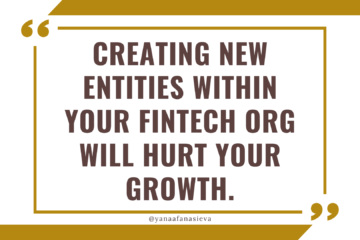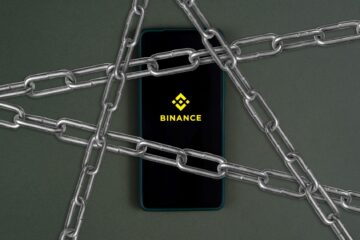5 Main Reasons FinTech Licenses Get Rejected 
Average payments or e-money license or money services or a VASP regulatory approval takes about 8-12-18 months. And actually only 10-15% of companies who apply get there, the vast majority of the applicants either abandon their applications, run out of money or get an unfavorable prognosis from the regulators and withdraw.
Here are the 5 most common reasons why FinTech startups don’t get the regulatory approval they want:
- Libra syndrome. You position yourself as a service that’s too complex, too broad, too ambitious, trying to do everything for everyone. Regulators don’t see it as a sustainable business model, you lack focus, you cannot reconcile your various plans and risks, and you simply get lost in the woods of reconciling and clarifying a lot of details. The most successful license application projects are BORING.
- Not doing the right things at the right time during the application. Managing a licensing project is an art and a science, it must follow a certain sequence of when is the right time to hire the team, when it’s the right time to start developing a product when to start marketing when you engage the board members when to bring all the partners and vendors on board, what do you need to have ready on “Day One”. Otherwise, you risk having to re-do your engineering work while having marketing or compliance people being hired with nothing to do.
- Thinking your success is indisputable and not knowing how and where to compromise with regulators, which issues to fix, how to simplify your product offerings, how to say sorry, and how to work on a better company image. The bigger the company is, the more likely they will fall into this trap (think Bitcoin Suisse, Telegram, and even PayPal in Turkey).
- Running out of funds. Scarcity of resources is a very common problem for any startup, but even a relatively well-funded startup can run out of money when they don’t know how to prioritize their costs during the license application process.
- Switching gears. It happens sometimes that a startup company initiates a project, and after facing the first obstacle decides to change plans and start something else, assuming it would be easier elsewhere (e.g. you applied for the license in country XXX and 2 months later you received a list of 150 questions, and instead of answering and addressing those, you decide to start something new, because you feel it would be easier and faster). Usually, it is never easier and faster elsewhere.
If you prefer to listen to this information instead of reading, you can do so by tuning into this podcast episode of Compliance That Makes Sense.



